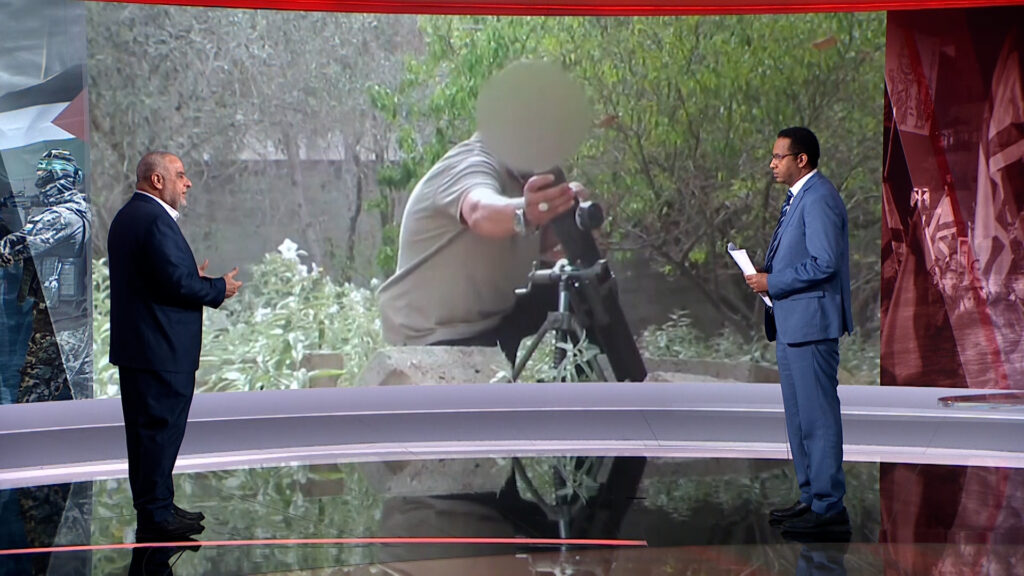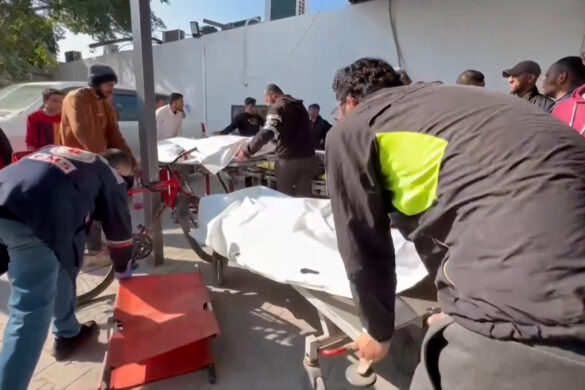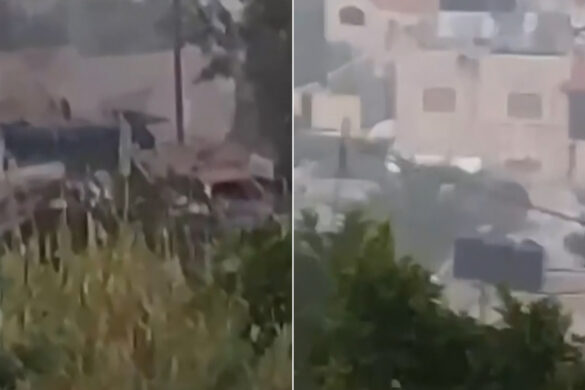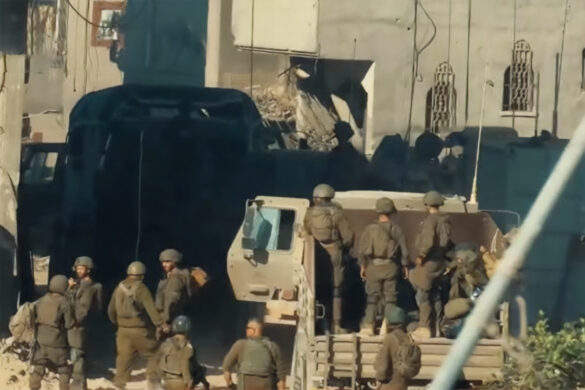As part of its ongoing qualitative operations, the Al-Qassam Brigades, the military wing of the Islamic Resistance Movement (Hamas), as announced, detonated a minefield in an Israeli force stationed inside the site of the Martyr Muhammad Abu Shamala Brigade, in Rafah, south of the Gaza Strip.
Al-Qassam said that the operation left members of the force dead or wounded, and that it took place in the Tal Al-Sultan neighborhood, west of the city of Rafah.
According to the military and strategic expert, Colonel Hatem Karim Al-Falahi, the method of detonating mines by the resistance has proven its effectiveness in multiple battles inside the Gaza Strip, noting that many fields were blown up by the Israeli forces, which attempted to penetrate either into Khan Yunis, south of the Gaza Strip, or into Jabalia area, north of the Gaza Strip, during previous battles.
He said, in an analysis of the military scene in Gaza, that planting mines on the axes of advance confirms that the resistance factions are responding to the possible hypotheses they have put forward to confront the Israeli army’s advance on those axes.
Regarding the battles in the city of Rafah, Colonel Al-Falahi recalled the statements of Israeli Prime Minister Benjamin Netanyahu, in which he said that the entry of his forces into the city would lead to achieving “absolute victory” by destroying the infrastructure and releasing prisoners through military pressure.
However, after entering the city of Rafah, Colonel Al-Falahi continues, the Israeli army did not reach the prisoners or the leaders of the Palestinian resistance, in addition to the fact that the confrontation is raging between it and the resistance fighters on 4 main axes inside the city.
Despite its failure to achieve its promised military goals, the resistance factions believe that the occupation wants to prolong the confrontation and war in Rafah, and therefore its fighters used less than 25% of their capabilities, and left the rest for other battles that could take place during the coming period in Rafah, as he explains. Military and strategic expert.
It is noteworthy that the Israeli army announced on May 7 that it had completely taken control of the Rafah crossing, and this was followed by committing massacres against civilians in their tents, leaving many martyrs and wounded.




